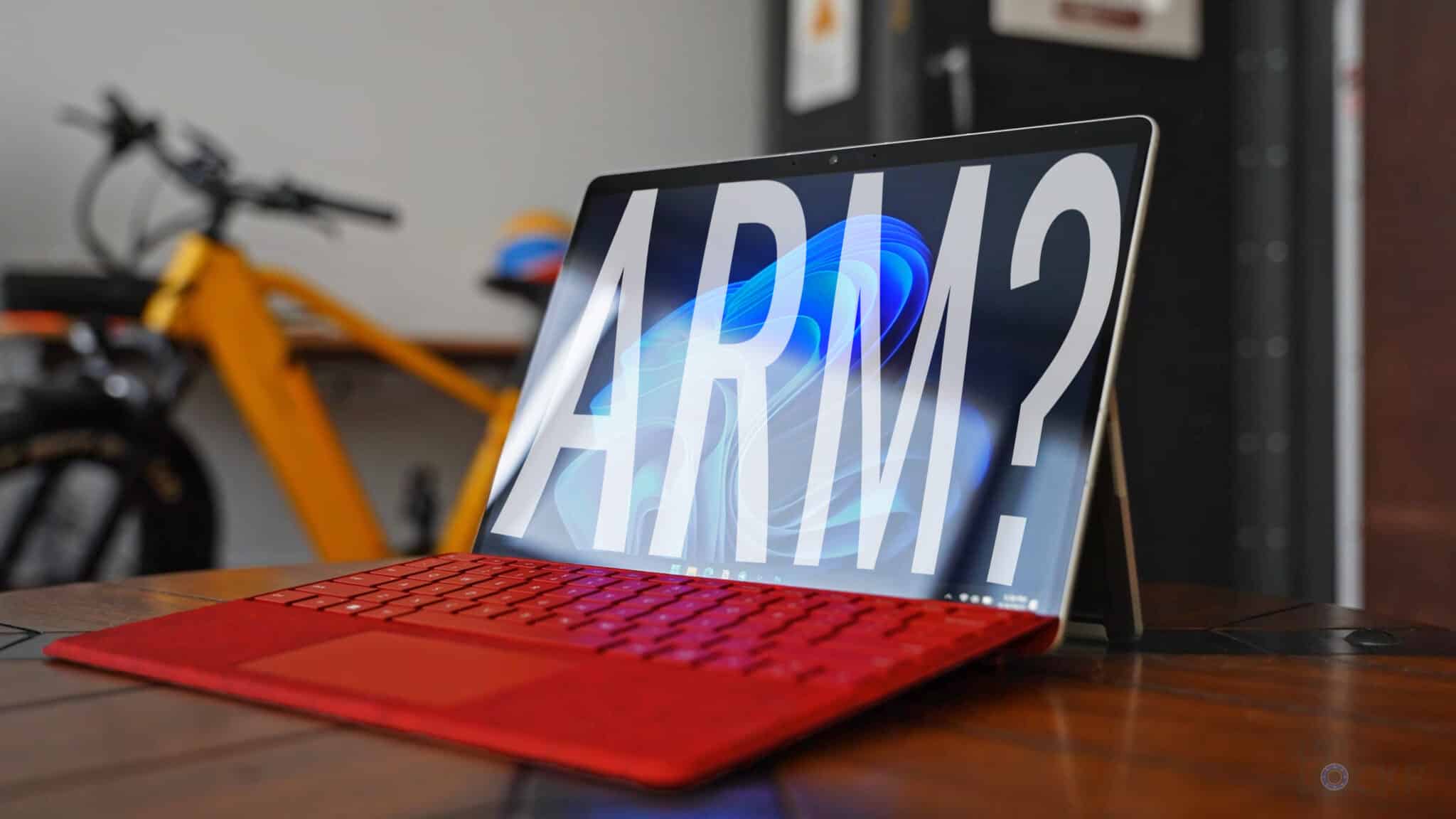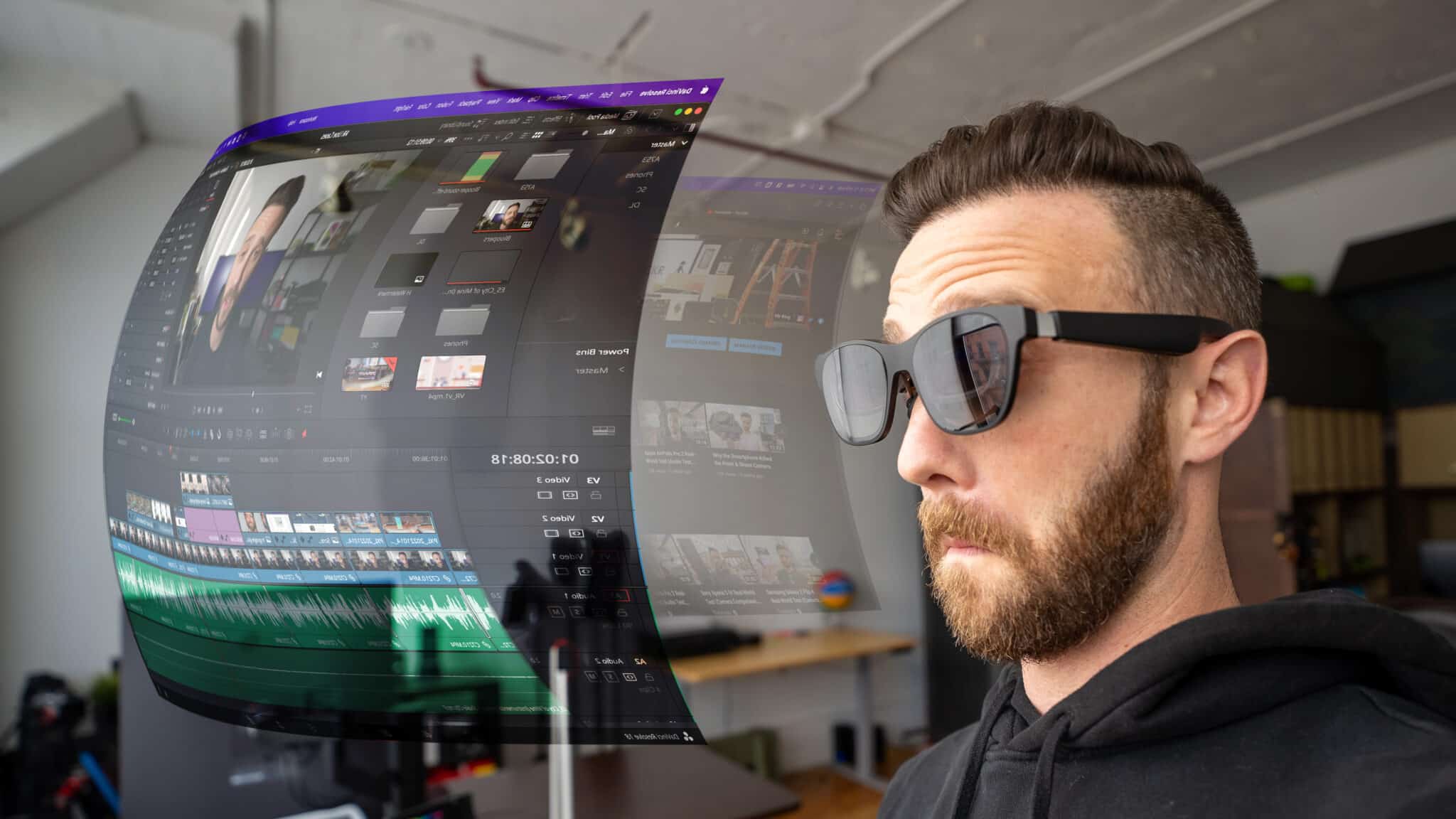Smartphone Patent Wars: Verizon’s Chief Counsel Asks President Obama To Step In
Smartphone patent wars. We’ve all tried to stay on top of who’s suing who, and who’s been coming out on top. It would be an understatement to say it’s been difficult to keep it all straight. The patent wars have even gone as far to push Verizon to a new level of concern. Reportedly, their chief counsel has now appealed to President Obama and the government to intervene. Seems extreme and maybe even drastic, but we’ll get to that.
Patents protect and encourage innovation by safeguarding the creator of a specific technology. With this understanding, one can inevitably expect some level of litigation to go alongside it. While this seems to be the cost of doing business, in an industry where staying two steps ahead of your competitor is crucial, at some point the litigation frenzy becomes just that, a frenzy. In a recent explosion of smartphone patent wars, the some industry leaders are looking for a healthy balance to be restored.
Recently, all of the major players in the smartphone industry have been tied up in patent wars. Apple, Google, Research In Motion (Blackberry), and Microsoft. Even hardware manufacturers like Samsung, HTC, and Motorola have seen their fair share of patent warfare this year. Each small judgement in court continues to highlight the ongoing ‘Google vs. Apple’ battle.
Google has been a dark horse in the smartphone industry as it is seemingly giving away its Android software for free. Google also holds a huge advantage over its competition with the enormous amount of advertising revenue it brings in from its search engine. Google uses this revenue as a way to create profit from its software inventions. Because of this advantage, most of the smartphone industry looks to Google as an undeniable freight train, patents or no patents. Which brings us to why Apple is putting up the biggest fight.
When it comes to patent litigation and Apple, the tech giant is not looking for cross-licensing deals, or even sharing licensing revenues. Apple is aggressively looking to protect the design and integrity of its unique user experience.
Here’s where the International Trade Commission comes in. The ITC can hold patent disputes and determine if a patent has indeed been infringed upon. The ITC can then rule that the infringing devices can be blocked from import. In an industry where the majority of the devices are manufactured overseas this can significantly hurt a company.
Chief Counsel for Verizon Wireless, Randal Milch, is the first to raise alarm and take his concern as far as a plea to the President. Milch has created a detailed chart of devices that stand to be potentially blocked by the ITC and is demanding the Government intervene. As the WSJ explained,
“Milch has requested that President Obama in a blanket statement, make clear he would not let stand any decision blocking importation of consumer wireless devices.The parties then would have to recur to normal patent litigation, and whatever rights and wrongs are discovered could be settled by exchanges of cash.”
While Verizon’s request has merit in its concern, we can only hope if the government decides to intervene, it does not deny any company its right to seek a day in court or protect the intelligence of its proprietary technology. The President has yet to comment, or make a decision in response to Verizon’s request.



I continue to be amazed at how *low* is the inventiveness bar for US patents and how much damage (mis-allocation of funds and early bankruptcy of innovative companies that can’t afford to fight injunctions) that low bar is causing the US.
In a field like software — information that is accessible to all and which can be installed onto a computer instantaneously like any math algorithm — the bell curve teaches us that perhaps as many as millions of software developers are either above “ordinary skill in the art” and might find every single (or many) patents to be obvious [especially since patent examiners tend to lag in their awareness of what is state of the art] or are of “ordinary skill in the art” and may find a patented invention to be “non-obvious” but who nevertheless, like anyone who perseveres on a problem that is “non-obvious”, can figure things out in days, weeks, or months. And all of these people are being hand-cuffed for 20 years fro each patent attack.
Wow! We really want to destroy America’s advancements in software by tying up all of these smartest of folks for so long. These are jobs being lost in order to give a monopoly to a person of “ordinary skill” who runs fastest to the patent office to patent something [drum roll… ] “non-obvious” to him/her. Wow!
@Josex Excellent points! Thanks for sharing, we’ll be sure to keep a close eye on this as it continues to unfold.